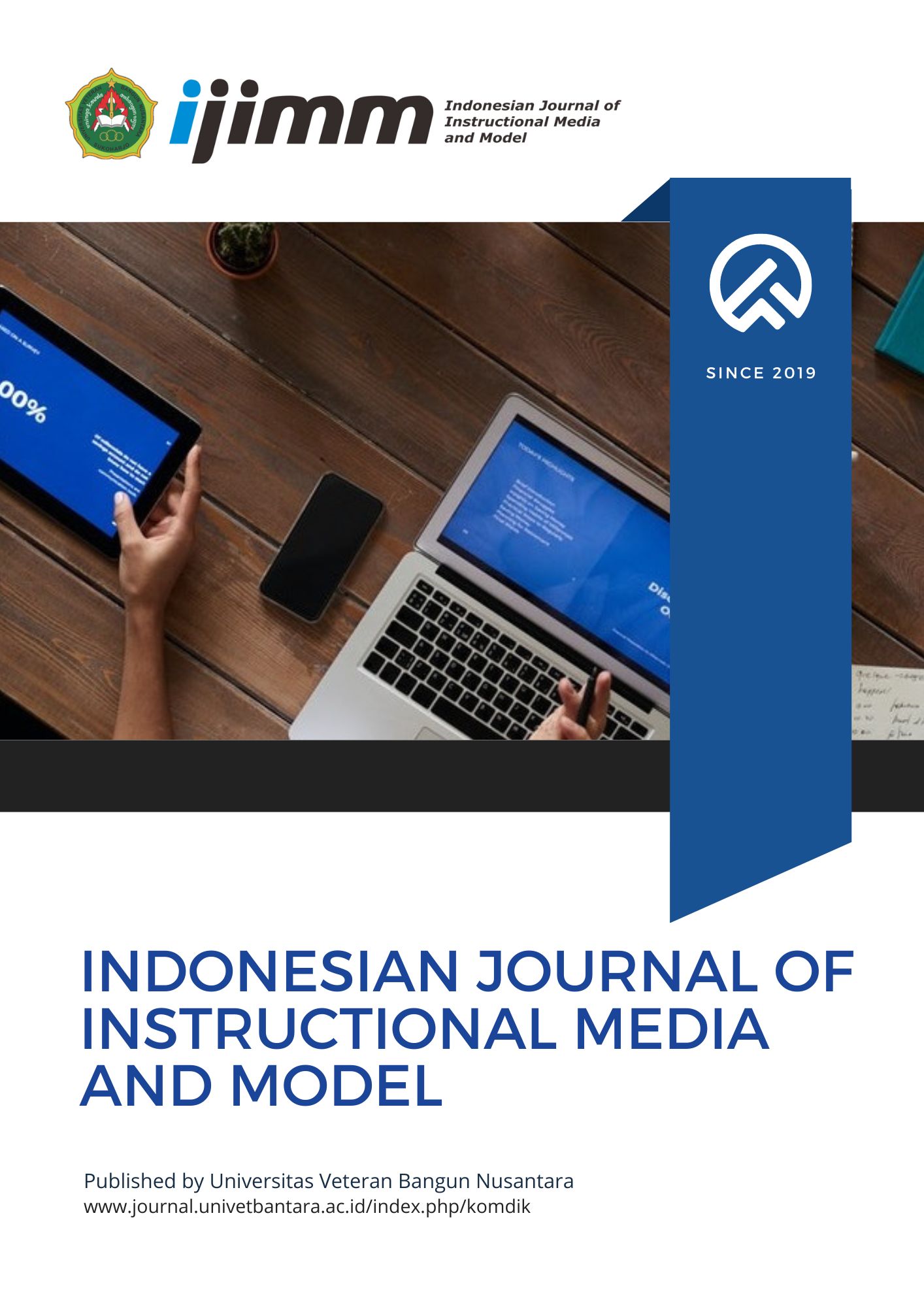The Role of Mobile Learning in Facilitating Science Learning to Enhance Higher Order Thinking Skills (HOTS): A Systematic Review
DOI:
https://doi.org/10.32585/ijimm.v6i2.5580Abstract
The existence of mobile devices and technological developments have made mobile-based learning a major trend in education, from elementary to secondary schools in Indonesia. This research is a systematic literature review limited to 10 articles published between 2018 and 2023. The aim of this research is to answer questions about the use of mobile technology in learning contexts as well as the types of learning models used in science teaching to improve students' higher-order thinking abilities. The results of this research are in accordance with the research objectives, where the mobile technology most often used to achieve learning objectives is smartphones and tablets. The most effective learning models in improving high-level thinking skills in science learning are problem based learning, project based learning, Inquiry learning, Collaborative learning, Flipped Classroom, and Blended Learning. The hope is that this research can become a reference for subsequent research in developing creative learning methods.
Downloads
Downloads
Published
How to Cite
Issue
Section
License
Copyright (c) 2025 Isa Ansori, Fajar Arianto, Khusnul Khotimah

This work is licensed under a Creative Commons Attribution-ShareAlike 4.0 International License.
Authors who publish with the Indonesian Journal of Instructional Media and Model agree to the following terms:
- Authors retain copyright and grant the journal the right of first publication with the work simultaneously licensed under a Creative Commons Attribution License (CC BY-SA 4.0) that allows others to share the work with an acknowledgment of the work's authorship and initial publication in this journal.
- Authors are able to enter into separate, additional contractual arrangements for the non-exclusive distribution of the journal's published version of the work (e.g., post it to an institutional repository or publish it in a book), with an acknowledgment of its initial publication in this journal.
- Authors are permitted and encouraged to post their work online (e.g., in institutional repositories or on their website) prior to and during the submission process, as it can lead to productive exchanges, as well as earlier and greater citation of published work.





